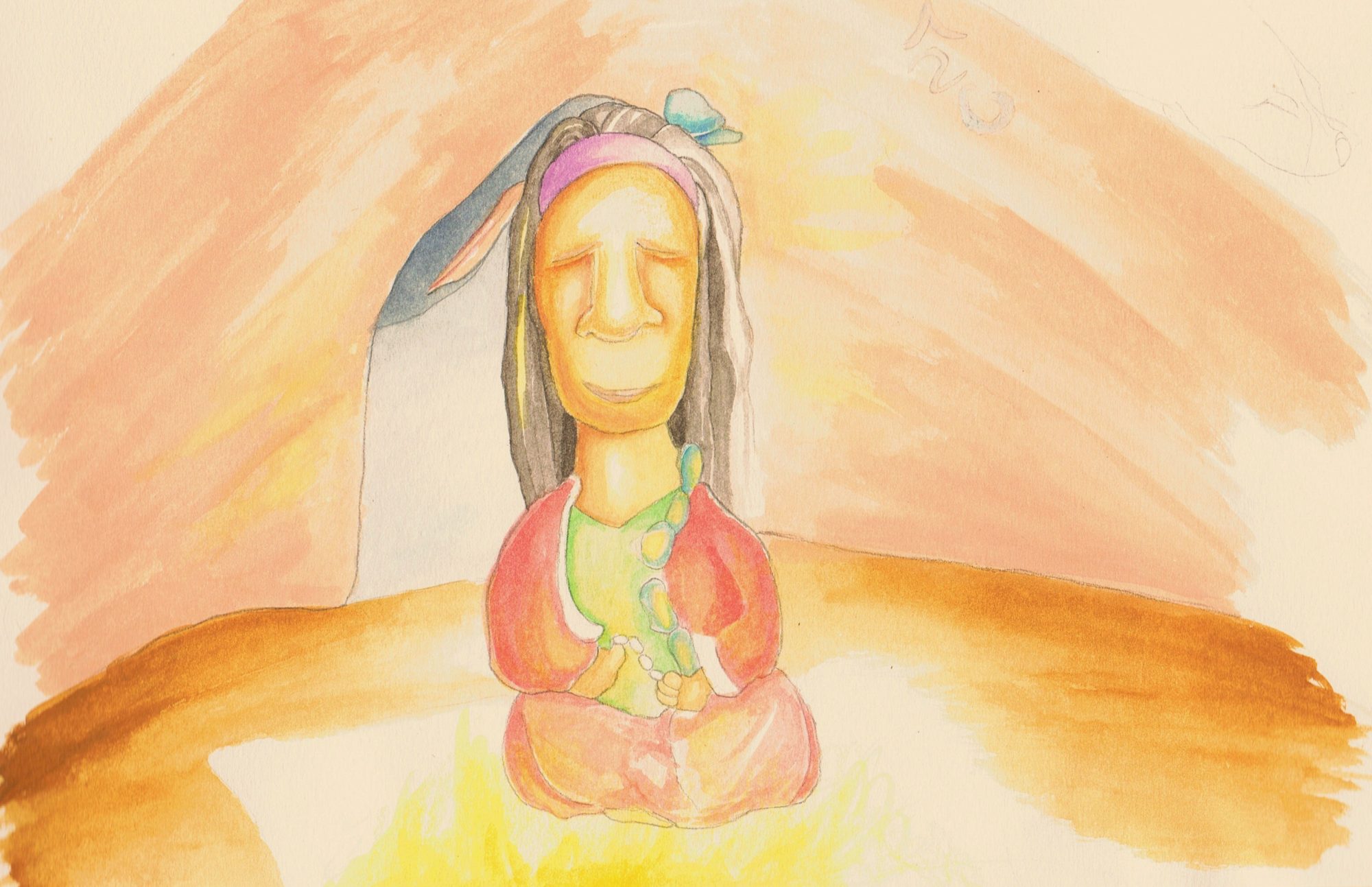Moral Support is not about supporting another with moral action. I support another with my morale, not my morality. I can offer my moral support without being either moral or immoral in my standard of behaviour.
Morality is a standard of behaviour. When I support someone to behave morally, I am being judgmental. When I am judgmental of another’s behaviour, my support is conditional on their actions being moral, which is not moral support.
Moral support raises morale, not morality. When I raise someone’s morale, I am giving them moral support; irrespective of any judgment of their behaviour. My moral support may be conditional on their behaviour being moral but that is a condition that I put on my moral support.
There is no such thing as immoral support. I either support someone to raise their morale or I emotionally withdraw my support. If I withdraw my support on moral grounds, it is not deemed to be immoral support, neither is it deemed to be immoral support when I support someone to carry out a potentially legal but immoral act. I can legally offer my moral support even when an action may be deemed to be immoral.
Whether something is moral or immoral is a mental judgment based on a consensus perspective of what is acceptable behaviour or not. Traditionally, the church and its religious leaders were guardians of what is right or wrong, sinful or virtuous behaviour. Moral standards of behaviour originate historically from religious interpretations of scripture. The earliest example of which is the Ten Commandments of Moses.
Moral support is emotional not mental. To qualify as moral support it is required to be emotionally uplifting or positive. Compassion & empathy are prime examples of positive emotional support. Apathy is the absence of moral support and sympathy is a similarly pathetic attempt to support another.
Sympathy & compassion are often confused. When someone is in need of some moral support, they are resonating with low emotional energy. Resonating in sympathy with someone’s low emotional energy is never supportive. I cannot support someone to be emotionally negative because it has no firm basis on which support can be founded. Supporting another emotionally is always conditional on their ability to positively accept it.
When someone is unwilling or unable to see a positive outcome to their behaviour, it is impossible to raise their morale. I can only support someone emotionally who is willing & able to accept my support. Support by definition is always positively beneficial. It is only ever possible to morally support another in what is considered by both parties to be a positive and beneficial action.
It is not possible to offer moral support to someone in bereavement & mourning. It is only at the end of their period of mourning that moral support can be offered to help them overcome their grief. I cannot support someone to grieve & mourn, I can only offer emotional support to overcome grief and end a period of mourning.
Other people’s morals do not necessarily give me emotional support. The moral of this story is that beneficial behaviour always follows beneficial beliefs. A beneficial belief is one that benefits me because it aligns with my own personal truth. My own personal truth is what I intuitively know, feel & see as the right perspective of my reality. What I intuitively know is authorised, what I intuitively feel is empowered and what I intuitively see is enabled with both power & authority.
Morality is what is believed to be good right and beneficial by other people for other people. Just because other people deem it to be right for them doesn’t mean that it is necessarily right for me. In absolute reality, there is no right or wrong, just a choice of personal perspective based on personal perceptions of personal experience. Whether my beliefs and standards of behaviour are beneficial for me is a matter of my own perspective based on my own experience of reality.
When I am following a truly authentic path, I am always empowered and never in need of moral support. The moral is that when I follow someone else’s morals, I will need their moral support. Moral support is the emotional support that I need when doing what other people have told me is best for me. From my own experience and my own perspective, other people only ever tell me what is best for them, never what is best for me because they have no way of knowing what is truly best for my Self.
It is only when I discover that I no longer need moral support that I realise that I no longer need moral guidance. When I intuitively make my own authentic choices for my Self, there is never any moral dilemma.
